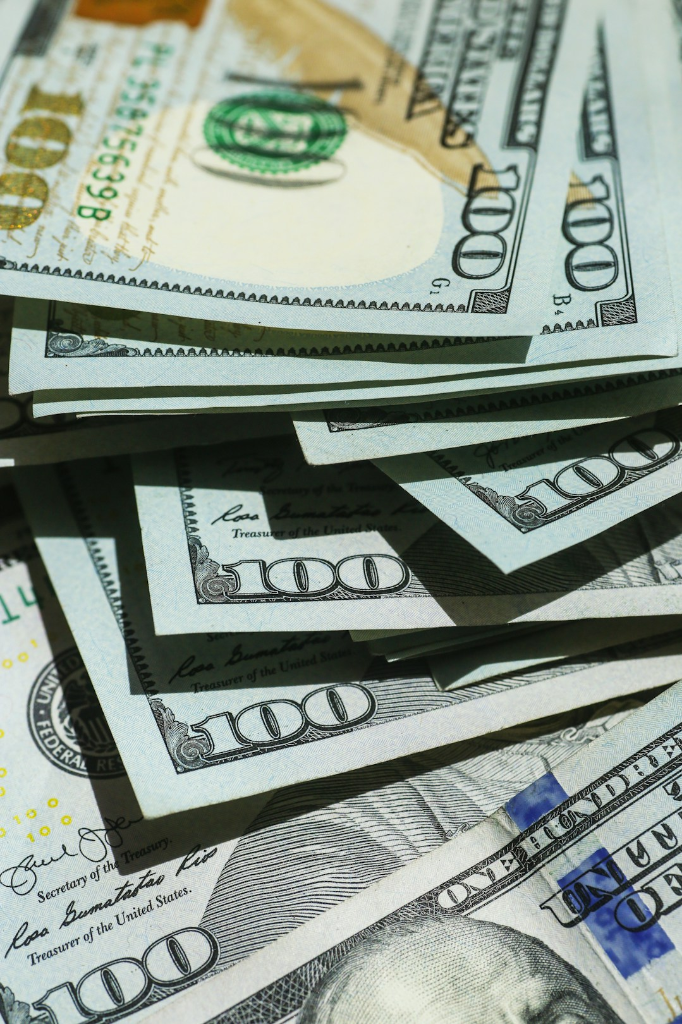Navigating the home buying process can be overwhelming, especially when it comes to understanding the various financial terms and requirements. One key concept you need to grasp is “cash to close.” If you’re a prospective homebuyer, knowing what cash to close entails will help you better prepare for one of the most significant investments of your life.
What is Cash to Close?
Cash to close refers to the total amount of money you’ll need to bring to the closing table to finalize your mortgage. This sum includes more than just your down payment; it encompasses all the costs associated with securing your home loan and transferring ownership. Understanding cash to close is crucial, as it ensures you won’t encounter any unexpected financial surprises on closing day.
Components of Cash to Close
Cash to close is made up of several components:
- Down Payment: The initial upfront payment you make towards the purchase price of the home. This is typically a percentage of the total property cost.
- Closing Costs: Fees associated with processing your mortgage loan. These can include appraisal fees, attorney fees, title insurance, and more.
- Escrow Accounts: Funds set aside for future expenses like property taxes and homeowner’s insurance. Your lender might require you to deposit a certain amount into an escrow account at closing.
The Importance of Accurately Calculating Cash to Close
Having an accurate estimate of your cash to close is vital for a smooth home buying process. It helps you:
- Avoid Surprises: Knowing all the costs involved can prevent last-minute financial stress.
- Budget Effectively: Being aware of the full amount allows you to plan and save accordingly.
- Secure Financing: Lenders need to see that you have enough funds available to cover your cash to close.
Tips for Preparing for Cash to Close
Here are some strategies to help you prepare for your cash to close:
- Start Saving Early: The earlier you start saving, the less financial strain you’ll feel closer to closing.
- Create a Detailed Budget: List all your expected expenses and allocate funds accordingly.
- Cut Unnecessary Expenses: Temporarily reduce non-essential spending to boost your savings.
- Explore Down Payment Assistance Programs: Look into local or state programs that can help reduce your down payment burden.
How Lenders Calculate Cash to Close
Lenders calculate your cash to close by adding together your down payment, closing costs, and any required escrow deposits. Factors that can influence your cash to close include:
- Loan Type: Different mortgages come with different down payment and closing cost requirements.
- Property Value: Higher-valued properties may have higher associated costs.
- Geographic Location: Closing costs can vary significantly by region.
Common Misconceptions About Cash to Close
Let’s dispel some common myths about cash to close:
- Myth 1: Cash to close is just the down payment. Reality: It includes much more, like closing costs and escrow deposits.
- Myth 2: Lenders cover all closing costs. Reality: While some costs might be covered, you’ll still need to pay for several fees out of pocket.
- Myth 3: Cash to close is negotiable. Reality: While some fees can be negotiated, many are set in stone.




